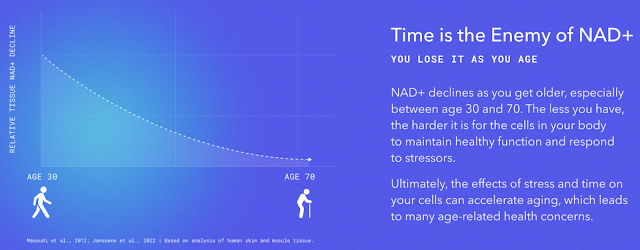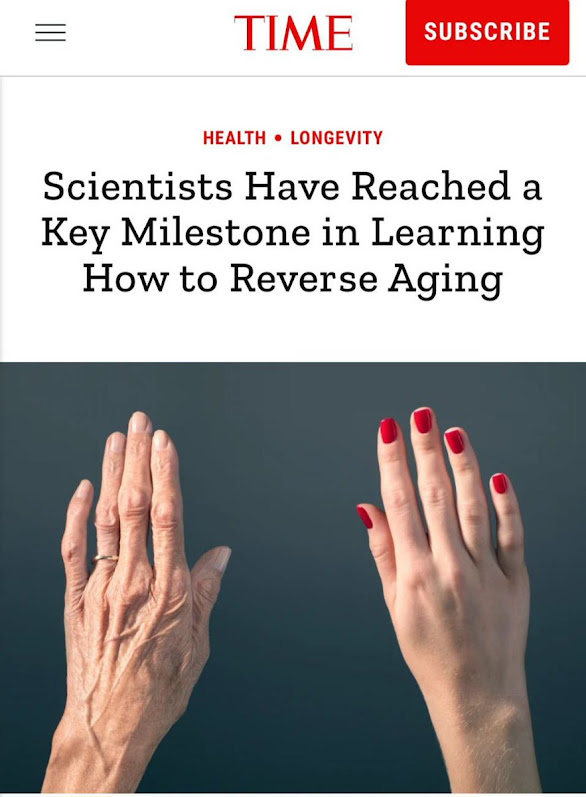Vitamin E boosts prostate cancer risk, study finds
An article in the Washington Post reports the study of 35,000 healthy men showed that those who took vitamin E in large daily doses were 17% more likely to develop prostate cancer.
..........................................................................................
..........................................................................................
"Large daily doses of Vitamin E, long touted as a virtual wonder drug that could protect against cancer, heart disease, dementia and other ailments, actually increase the risk for prostate cancer among middle-aged men, according to a large federal study released Tuesday.
The analysis of data from more than 35,000 healthy men concluded that those who took Vitamin E every day at the large dose levels commonly sold in drug, grocery and health food stores were 17 percent more likely to develop prostate cancer.
“You really have to question now how taking Vitamin E will help someone,” said Eric A. Klein, a Cleveland Clinic prostate cancer expert who led what had been hoped to be a cancer-prevention study. “Not only is it unlikely to help them, it apparently could hurt them.”
The findings, published in the Journal of the American Medical Association, are the latest in a series of carefully designed experiments that have found that for most healthy people who eat a balanced diet, vitamins and other dietary supplements are unnecessary and, at high doses, possibly sometimes dangerous.
“Just because it’s ‘only a vitamin’ or ‘it’s natural,’ we assume it must be safe. But over and over again, we see that’s not necessarily the case,” said Howard Parnes of the National Cancer Institute, which funded the prostate cancer study. “Not only isn’t it the fountain of youth that some people said, it can be harmful.”
The National Institutes of Health launched the $122 million project to study prostate cancer in 2001 after laboratory studies and some clinical data indicated that the antioxidant Vitamin E and selenium might protect against prostate cancer, the second most common cancer and cancer killer in men.
The study followed more than 35,533 men 50 or older at 427 sites in the United States, Canada and Puerto Rico. The men were divided into four groups who took daily doses of 400 international units of Vitamin E and 200 micrograms of selenium; Vitamin E and a placebo that looked like selenium; selenium and a placebo that looked like Vitamin E; or two placebos. The recommended daily intake of Vitamin E is about 22 international units.
An independent panel monitoring the experiment halted the study in 2008 when it became clear there was no benefit and indications emerged that the high-dose supplements might be increasing the risk for prostate cancer and diabetes.
The new analysis, based on additional data collected from the same men since 2008, found that the diabetes risk disappeared but that the prostate cancer risk reached statistical significance. There were 620 cases of prostate cancer among the men taking Vitamin E alone, compared with 555 among those taking selenium and Vitamin E, 575 among those taking selenium, and 529 among men taking a placebo. Based on the findings, the researchers calculated that for every 1,000 men taking Vitamin E alone, about 76 developed prostate cancer compared with 65 taking the placebo.
“The public and consumer tend to believe vitamins are innocuous substances and you can take them with impunity,” Klein said. “Clearly that is not the case.”
Source:
..........................................................................................
Conclusion:
For most healthy people who eat a balanced diet; Vitamins and other dietary supplements are unnecessary and, at high doses, possibly sometimes dangerous. However, I would recommend those who are above 40 to take Omega 3 oil supplement as there is substantial evidence to show the protective benefits of omega 3.








Comments